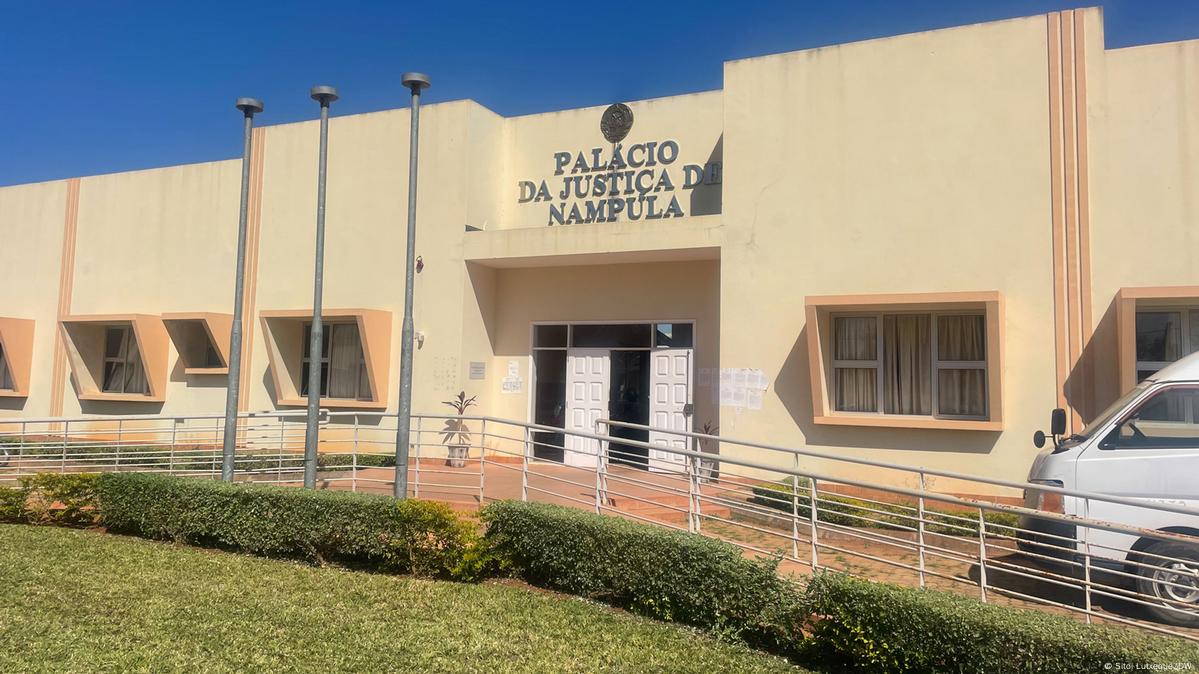The table was shaken hard enough on Monday by Nigeria’s main opposition party, the Peoples Democratic Party (PDP) when it formed a coalition of 38 other parties against the ruling All Progressives Congress (APC), simply to oust the administration of President Muhammadu Buhari in 2019.
The group led by PDP is called Coalition of United Political Parties (CUPP).
In return, the APC on Tuesday said that it had joined forces with 20 other political parties to form a Coalition of Progressives Political Parties (CPPP) to neutralize any moves by CUPP to overthrow its administration.
Parties that make up CPPP are the All Progressives Congress (APC), Accord Party, Peoples Democratic Movement (PDM), United Progressive Party (UPP), Advanced People’s Democratic Alliance (APDA), Hope Democratic Party (HDP), Democratic Peoples Party (DPP) and Unity Party of Nigeria (UPN).
The rest are Freedom Justice Party (FJP), Fresh Party (FP), New Nigeria’s Peoples Party (NNPP), Nigeria’s Peoples Congress (NPC), Nigeria Peoples Movement (NPM), Allied Congress Party of Nigeria (ACPN), National Action Congress (NAC) and NDLP.
The coalition chairman, who is also the national chairman of PDM, Alhaji Bashir Yusuf Ibrahim, said that the coalition was made up of like-minded political parties who believe in Nigeria’s unity and stability.
Read Also: A grand alliance is born in Nigeria; Why President Buhari should be worried
“Yesterday (Monday) we woke up to a new development where PDP outside power has now managed to create another coalition. As facts continue to emerge, they listed 36 political parties. Our analysis of that coalition reveals that a number of political parties were included in that coalition fraudulently.
“Part of the political parties they listed is Accord Party and the chairman of the party is here with us. If you are creating a coalition, you need to be honest about it as to who and who are members of the coalition.
“As of today, the membership of that coalition is in doubt. Two members also listed at that coalition are here. We are not part of that coalition because we represent a political type of politics which is in total contradiction of what they are doing.
“We do not believe that our country should be governed by people whose only objective is to capture power. For what purpose is that coalition built? Is it for the purpose of taking Nigeria back to 1999 and 2015 or is it for the purpose of building a new Nigeria?
“That purpose has not been stated, even their in their memorandum. The only thing in their MoU is to agree to capture power in 2019. Their programme has not been made known to the Nigerian public. We will not be part of a coalition that does not have a programme for Nigeria,” he said.
The rapid developments within Nigeria’s political space have been seen by analysts as essentially desperate moves by members of the ruling elites, as spread across different political divides, to align or realign ahead of the general polls billed for early 2019.
Questions have also been asked as to whether the realignment of forces is a signal of coalition of interests under two distinct umbrellas which once was forced on Nigeria by the then ruling junta led by Ibrahim Badamosi Babangida.
The two parties engineered by Babangida were the NRC and the SDP.
Nigeria’s political parties are rarely driven by ideologies.




























